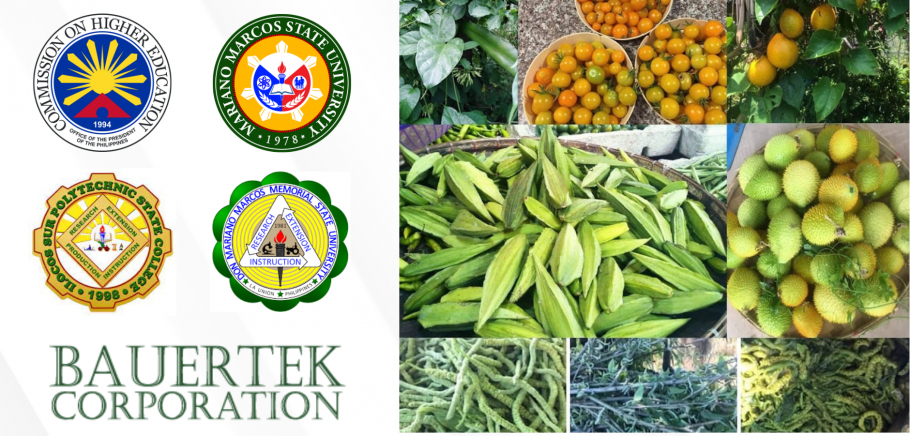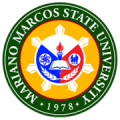
CHED-funded indigenous food research consortium in Region 1 launched tomorrow
By Daniel P. Tapaoan, Jr.
With a P289-M funding from the Commission on Higher Education, the Indigenous Food Research Consortium (IFRC) will be launched tomorrow, January 19. It attempts to intensify the development and promotion of indigenous food plants in Region 1.
CHED Chairperson J. Prospero De Vera III will lead the launch of the IFRC. Department of Science and Technology Secretary Renato U. Solidum, Jr. will also witness the event.
Mariano Marcos State University President Shirley C. Agrupis, IFRC program leader, said the consortium seeks to maximize the development of probiotics from the indigenous food plants through academic-industry collaboration. It will be a joint endeavor with the Ilocos Sur Polytechnic State College in Ilocos Sur, Don Mariano Marcos Memorial State University in La Union, and the BauerTek Corporation, a pharmaceutical company based in Bulacan, with ISPSC President Gilbert R. Arce, DMMMSU President Jaime I. Manuel, and Bauertek President Richard Nixon Gomez as project leaders, respectively.
“This research program will offer an innovative approach for the formulation and development of probiotic products such as beverages, probiotic food and pharmaceutical formulations from local plant resources in a holistic food system,” Dr. Agrupis added.
Dr. Dionisio Bucao, also a project leader and the director of MMSU S&T park, said IFRC will execute two program phases. Commencing this month, the first phase will strengthen state universities and colleges’ science, technology, and innovation capacity for probiotic food systems, while the next phase, scheduled for next year, will develop an integrated production system of IFP probiotic products. Potential probiotic microorganisms isolated from fermented IFPs found in the Ilocos region will be screened, characterized, and evaluated for the production of probiotics.
IFRC is expected to support other research institutions and micro, small, and medium enterprises by training them on incubating and commercializing probiotic products. Further, the consortium aims to modernize degree programs in food science, pharmacy, and food technology.
In addition, the MMSU-led consortium will seek collaboration with some partner-universities and industries in Thailand, Taiwan, Japan, United States, United Kingdom, and Canada for capacity-building, research and academic benchmarking.
Probiotics is considered to be one of the fastest-growing sectors of functional foods in the market due to their effectiveness in preventing and treating various health conditions.
In the past, MMSU had identified 46 IFPs which represent 27 families. However, their potentials are not yet fully recognized because of their limited competitiveness with commodity crops in mainstream agriculture.
“We are grateful to CHED for investing in research and development toward food security, sustainable agriculture, good health and nutrition, and economic development in line with the Agenda for Prosperity of President Ferdinand R. Marcos, Jr.,” Dr. Agrupis said.
The CHED funding for IFRC is under its LAKAS program (Leading the Advancement of Knowledge in Agriculture and Sciences). (HLY/JVBT, StratCom)
Gallery

Dear Valued Client,
We will be introducing our newly upgraded website on October 31, 2024 – offering faster access, improved navigation, and enriched content for students, faculty, partners, and stakeholders. Experience how we cultivate minds and transform futures at MMSU.

 CAFSD
CAFSD CASAT
CASAT CAS
CAS CBEA
CBEA CCIS
CCIS COE
COE CHS
CHS CIT
CIT CTE
CTE COM
COM CVM
CVM Graduate School
Graduate School




